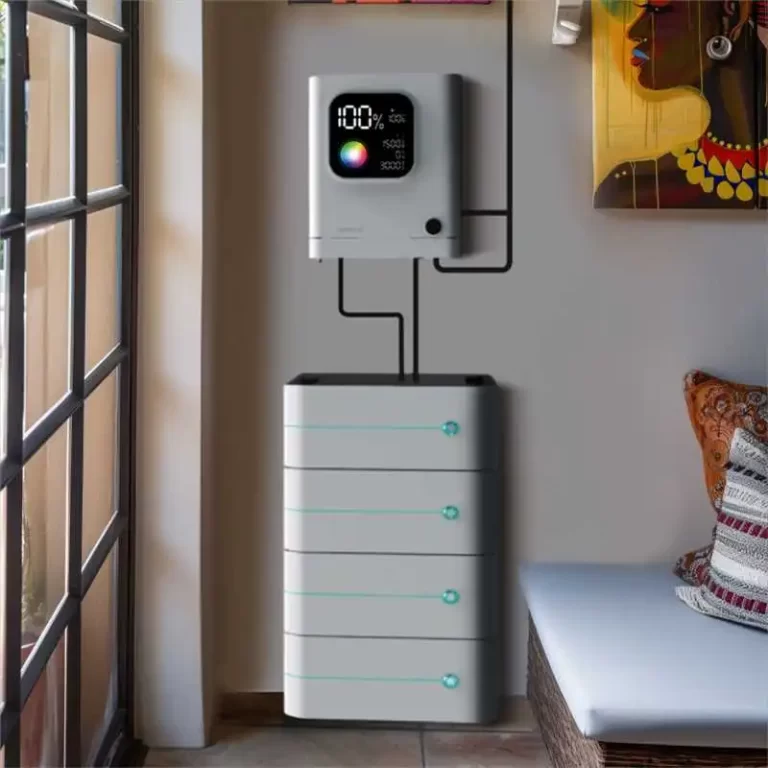A solar panel is a device that uses solar energy to generate electricity. It is composed of multiple solar cells and can convert sunlight into direct current. Solar panels can provide an environmentally friendly, renewable, unlimited charging method for portable power sources, and are particularly suitable for use in places without stable power grids.
So, how do you choose the right solar panel to charge your portable power source? This mainly depends on the following factors:
- Capacity and power of portable power supply
The capacity (Wh) of a portable power supply determines how much power it can store, that is, how many devices it can power for how long. The greater the capacity, the longer the battery life, but it also means greater weight and volume, and the higher the price.
The wattage (W) of a portable power supply determines how much power it can provide for devices. The higher the power, the wider the range of devices that can be used, but it also means that the power is consumed faster, requiring a larger-capacity battery or a faster charging method.
- Solar panel power and efficiency
The power (W) of a solar panel determines how much current (A) it can produce under standard conditions, that is, how quickly it can charge a portable power source. The higher the power, the faster the charging speed, but it also means greater weight and size, and a higher price.
The efficiency (%) of a solar panel determines how much solar power it can utilize under actual conditions, that is, how stable and reliable charging it can provide for portable power sources. The higher the efficiency, the better the charging performance, but it also means higher manufacturing costs and higher prices.

- Charging environment and time
Charging environment and time are important factors that affect the charging performance of solar panels, including solar intensity, solar angle, solar panel direction, external temperature, and obstructions. When choosing solar panels, you should choose the appropriate model and quantity according to your charging environment and time. If you are in a place with good lighting conditions, you can choose low-power and small-number solar panels; if you are in a place with poor lighting conditions, you need to choose high-power and large-number solar panels.
4.Portability
Portability is a practical factor to consider when choosing solar panels, and it mainly depends on how you travel
Portability mainly refers to the weight and volume of the solar panel, and whether it can be folded or disassembled. The smaller the weight and volume, the easier it is to fold or disassemble, and the higher the portability, but it also means lower power and efficiency.

To sum up, choosing the right solar panel to charge your portable power source is a matter of considering several factors. We need to make reasonable choices based on our own uses, needs, budget, environment, etc.



